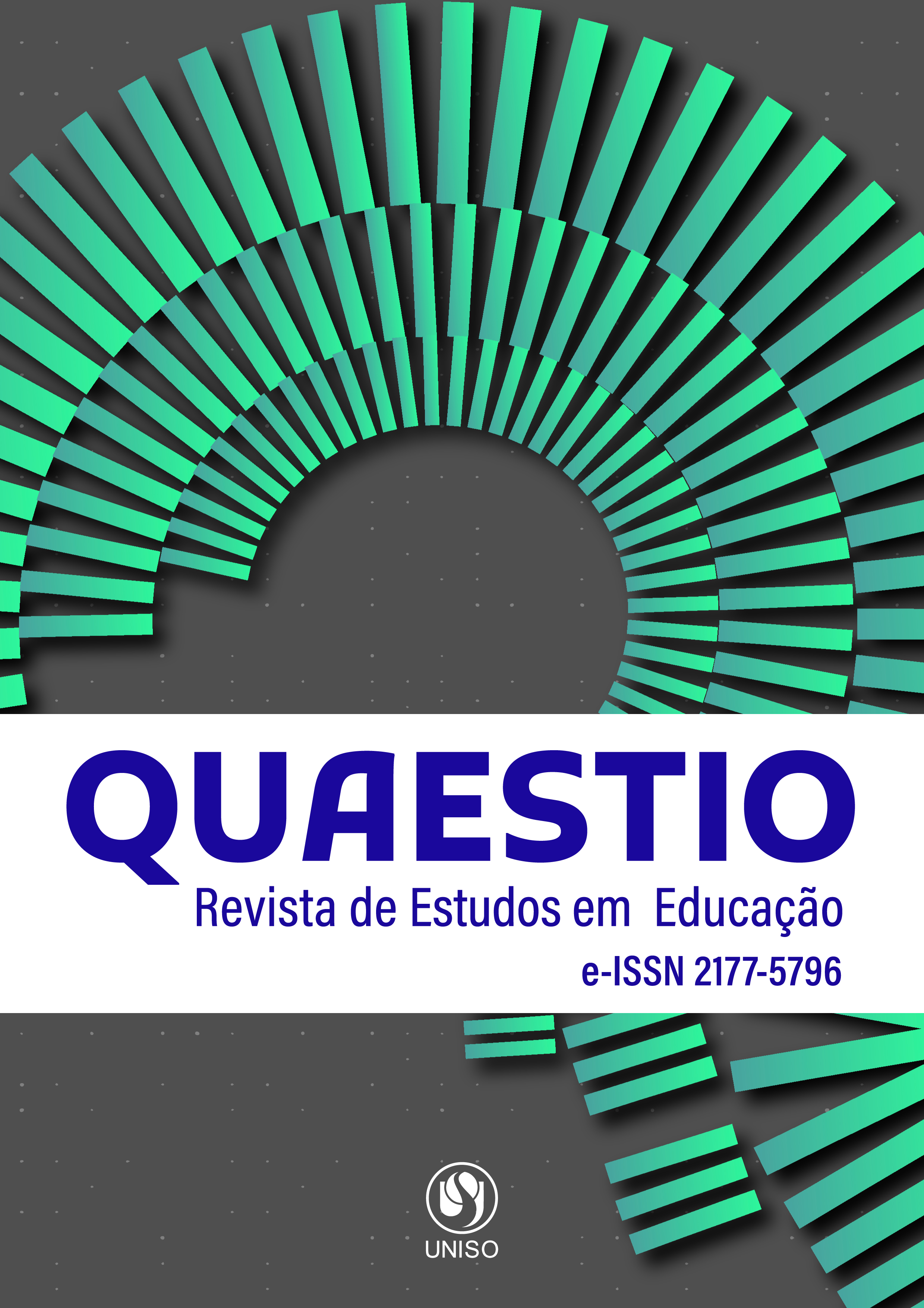Analysis of strategies used by non-formal education initiatives to engage girls in science
DOI:
https://doi.org/10.22483/2177-5796.2024v26id5325Keywords:
women in science, gender, science communication.Abstract
Historically, women have been excluded, underestimated, or obliterated in science. This influences the perception that children and teenagers have of this field and its professionals, resulting in a low participation of women in certain scientific careers. As a means of transforming this reality, there are non-formal education initiatives aimed at promoting gender equality in science. This study examined publications on these non-formal education projects and analyzed the strategies they employ, drawing on the theory of cultural satisfaction by Georges Snyders and gender studies by bell hooks and Londa Schiebinger. This paper also offers reflections on aspects that stood out during the analysis, which could contribute to a better understanding of the potential and needs of this type of initiative. There is a predominance of activities that emphasize female representation in science, undergraduate research, the use of cultural products, and collaborative work.
Downloads
Downloads
Published
How to Cite
Issue
Section
License
Copyright (c) 2024 Quaestio - Revista de Estudos em Educação

This work is licensed under a Creative Commons Attribution 4.0 International License.
Esta licença permite que outros remixem, adaptem e criem a partir do artigo para fins não comerciais, desde que atribuam ao(s) autor(es) o devido crédito e que licenciem as novas criações sob termos idênticos.
Os artigos publicados são de total e exclusiva responsabilidade dos autores, que mantêm os direitos autorais e atribuem o direito da primeira publicação para a Quaestio: Revista de Estudos em Educação do Programa de Pós-Graduação em Educação da Universidade de Sorocaba.
Outros acordos contratuais podem ser feitos pelos autores, para posterior distribuição da versão do artigo (por exemplo em páginas institucionais ou pessoais, ou em livro), explicitando que o trabalho foi publicado nesta revista .

















